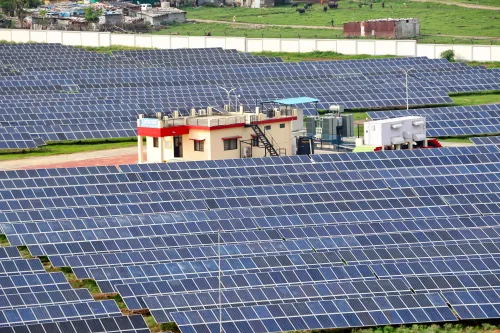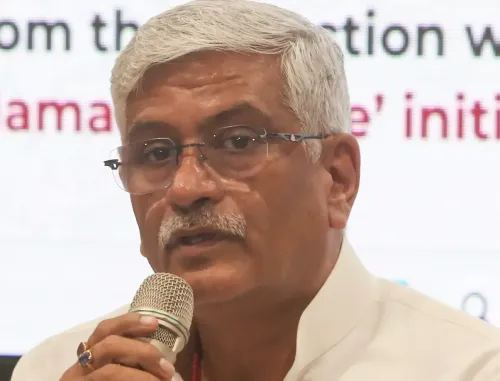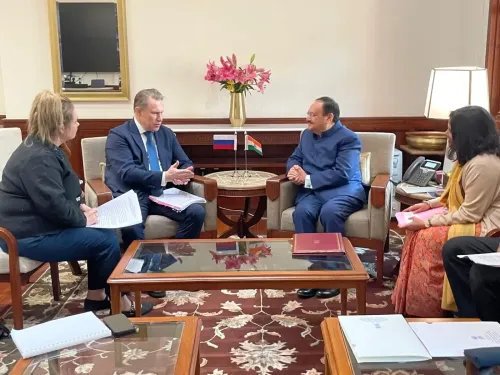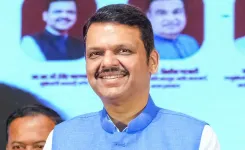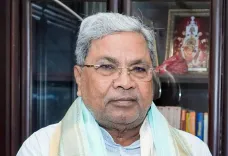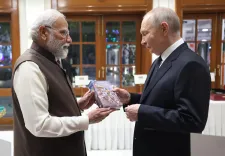How Can Developing Countries Address Resource Shortages for Climate Measures?
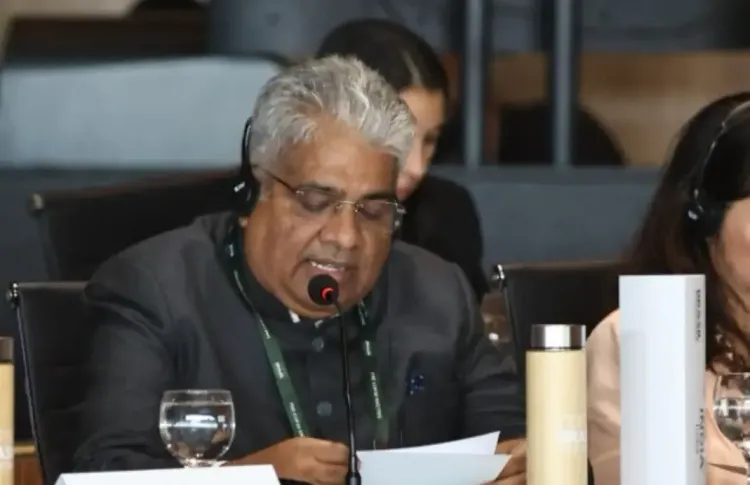
Synopsis
Key Takeaways
- Resource shortages must be urgently addressed in developing nations for climate action.
- The Global Stock Take is essential for evaluating progress on the Paris Agreement.
- There is a need to shift focus from reviews to implementation.
- Effective climate action requires international cooperation.
- Scientific assessments must be considered carefully for relevance.
New Delhi, Oct 14 (NationPress) There is a pressing need to tackle the resource shortages faced by developing nations in implementing ambitious climate initiatives, stated Union Minister for Environment, Forest and Climate Change Bhupender Yadav.
During the breakout session of the Global Stock Take (GST) at the Pre-CoP30 Meetings in Brazil, Yadav emphasized that the priority should be on executing bold climate strategies rather than merely conducting reviews.
The GST serves as a five-year framework to evaluate global progress towards the objectives set out in the Paris Agreement.
“Our focus must shift towards the execution of ambitious climate strategies and, crucially, addressing the unfulfilled need for resources in developing nations to support adaptation and mitigation efforts,” the Minister commented.
He pointed out that the era of endless reviews without tangible action has concluded. “While dialogue holds significance, decisive action is vital,” he insisted.
Recognizing the successful wrap-up of the first GST, Yadav noted that it marked a substantial endorsement of the earnest application of the Paris Agreement.
Yadav further explained that the GST aims to bolster ambition through three key functions: enabling nations to assess collective progress, pinpointing existing gaps, and directing both domestic and global enhanced actions.
“The GST acts as the pivotal engine of the Agreement, generating political momentum and supporting ongoing efforts towards elevated ambition,” Yadav remarked.
The emphasis on these elements within the dialogue aims to foster international collaboration and domestic climate initiatives, shaped by GST findings.
Looking ahead to future GSTs, Yadav suggested avoiding haste in incorporating scientific assessments without thorough discussions regarding their global significance.
“Science must adhere to standards of rigor, accuracy, and reliability, considering all pertinent sources,” Yadav stated.
Leading India's representation at the Pre-CoP30 Ministerial Roundtable in Brazil, Yadav reinforced the necessity of translating international policy commitments into actionable, locally relevant solutions.
“The emphasis should be on converting climate pledges into practical actions that expedite implementation and enhance people's lives,” he asserted.
The 30th United Nations Climate Change Conference, COP30, is set to take place in Belém, Brazil, from November 10-21.



